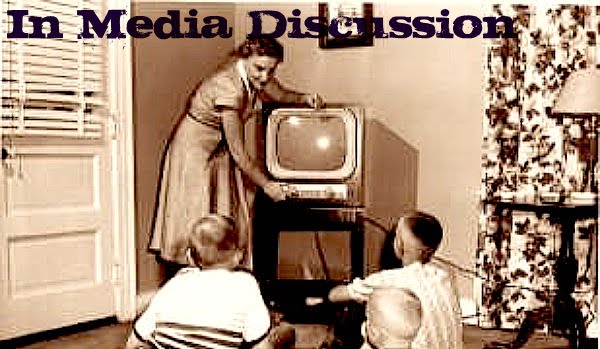In the past decade the media has been under attack for their unethical reporting. Papparazzi numbers have grown, and many think this is becoming a problem. For celebrities, the media seems to focus more on their personal lives now-a-days rather than the work they have created.
TMZ, I believe, is one of the most unethical media there is; they have a website (also known as a "gossip site"), and a television show on the Fox channel. They are known for breaking news first... however, this isn't normal breaking news, it usually has to do with what is going on in a celebrities personal life. A current example of this is Sandra Bullock and her husband Jesse James' marital problems. They were first to break the story that James was cheating on his wife, and since have been following both of their every moves. They even go as far as camping outside a local rehab facility where James is currently being treated to give you "updates" as shown here:
 It just doesn't seem right that something so personal should be put out their for everyone to see just because of their celebrity status; just because they are entertainers shouldn't mean their lives are also another form of entertainment for the public.
It just doesn't seem right that something so personal should be put out their for everyone to see just because of their celebrity status; just because they are entertainers shouldn't mean their lives are also another form of entertainment for the public.
For celebrities, privacy has seemed to completely have "gone out the window", for lack of a better term, and because of these unethical news reports of peoples personal lives, this sometimes turns the public off to the actor or actresses movies or other projects because of what they've seen about them, which seems to be completely unfair.
Technology has obviously become better over the past decade, and because of this, resources in tracking, and what I believe to be stalking celebrities, has gotten easier as well. Cell phones allow people anywhere to report "news" on what they see. TMZ has posted on their site a "tip line" phone number for the chance that you see a celebrity doing something that would be considered breaking news such as them shopping in a store, or them not seen wearing a wedding ring which definitely mean the end of their marriage (that was intended to sound as sarcastic as possible):

Nothing seems "too bad to air" now in the media. Personal
relationships, health issues, even children are now being
exploited in the media. There doesn't seem to be any known
boundaries towards what should stay private, and what is
okay to share with the world; a perfect example of this is
when celebrities or public figures conduct interviews and say
things that they believe to be in private conversation
separate from the interview which is later written about;
President Barack Obama calling Kanye West a "jackass" is
the best example.
The public seems to also feed into this "frenzy" more and
more; they have become so concerned in celebrities lives as
seen in different stores which reserve an entire section next
to more respectable media such as newspapers. People
should be worried more about real breaking news in the
world rather than which store a celebrity shopped at today.
 It seems as though it would pay more to have the iPhone or the iTouch because it has all the same features as the iPad, but it's more portable. They've been trying to sell the iPad as a product for everyone, but it gives the feeling of more of a product for businesses because of its flat design. for the price that some of the iPads would be going for, it almost pays to spend the extra two hundred dollars for a device that sits propped in front of you like the MacBook.
It seems as though it would pay more to have the iPhone or the iTouch because it has all the same features as the iPad, but it's more portable. They've been trying to sell the iPad as a product for everyone, but it gives the feeling of more of a product for businesses because of its flat design. for the price that some of the iPads would be going for, it almost pays to spend the extra two hundred dollars for a device that sits propped in front of you like the MacBook.


